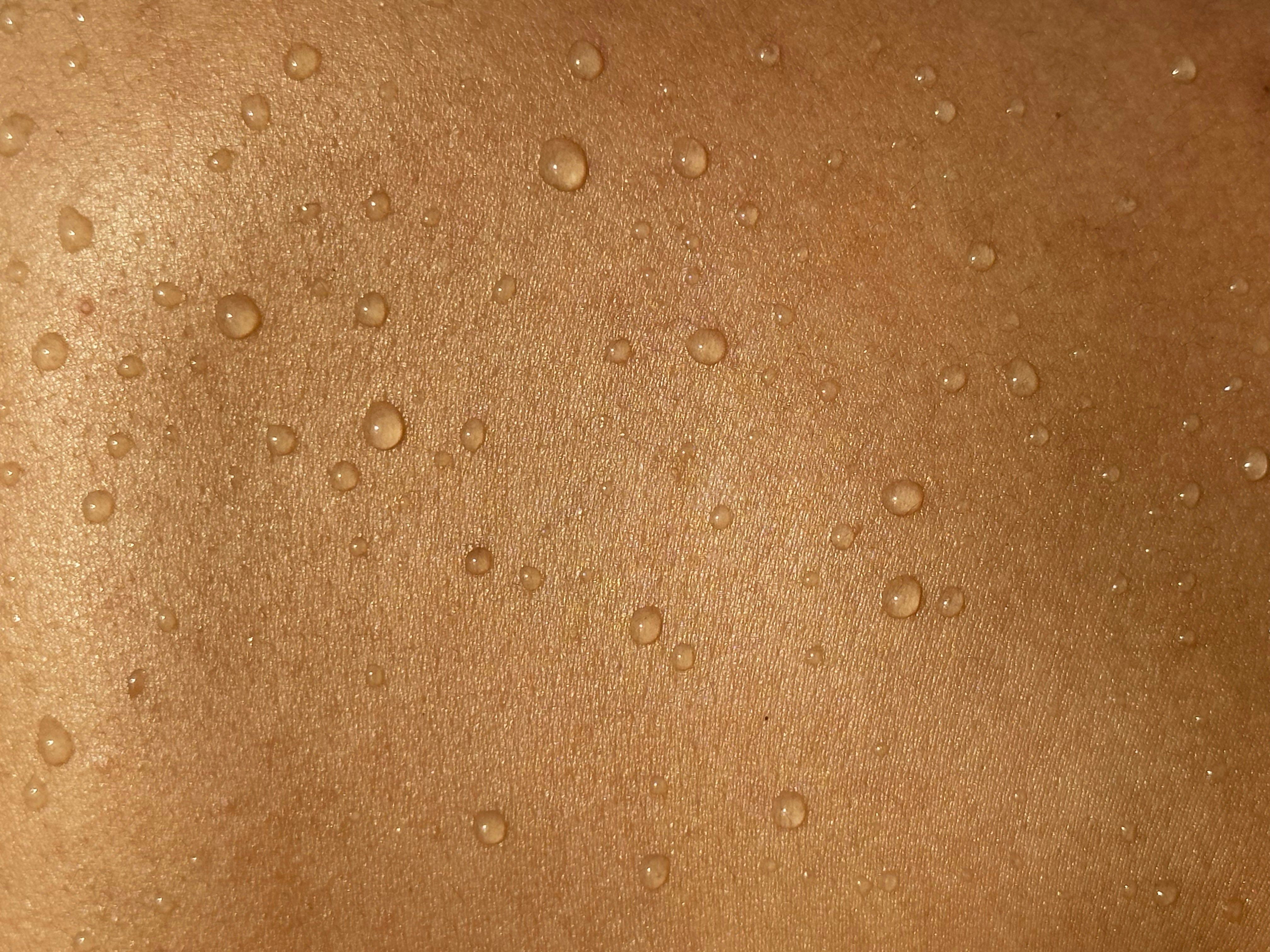Daily Benzoyl Peroxide Cream Could Improve Rosacea Over 40 Weeks
A pair of clinical trials show the common topical therapy provided benefit to patients within two weeks, and sustained effect for nearly a year.
By
Kevin Kunzmann
| Published on September 5, 2024
3 min read
Credit: Unsplash / Ilya P

Topical cream benzoyl peroxide 5% could provide reduced inflammatory lesions to patients with rosacea for a span of 40 or more weeks, according to findings from a pair of clinical trials.
In pooled data collected by a team of US investigators, a microencapsulated cream form of the popular rosacea treatment provided both rapid onset and sustained benefit in the treatment of the common skin condition rosacea. The investigators origiially sought to assess the encapsulated form of benzoyl peroxide, a formulation designed to “extend drug delivery time and potently reduce the potential for irritation”—a potential improvement to a therapy that has generally not been considered a first-line therapy for rosacea.
“Benzoyl peroxide has a marked ability to clear rosacea lesions; however, use of traditional benzoyl peroxide formulations is limited by cutaneous irritation,” investigators wrote. “In addition, benzoyl peroxide may cause irritant contact dermatitis, and, rarely, allergic contact dermatitis.”
The novel formulation of benzoyl peroxide consisted of amorphous silica forms interconnected among colloidal particles until a rigid network of gel is formed with submicron-dimensioned pores. “Silica shells control the release rate of benzoyl peroxide onto the skin, allowing a therapeutic effect while minimizing side effects and optimizing tolerability,” investigators wrote.
In two separate phase three studies assessing the once-daily cream with 733 patients diagnosed with papulopustular rosacea, investigators observed an onset of clinical benefit among treated patients by week two, and significantly superior efficacy compared to a non-therapy option. Tolerability was consistent among patients treated with benzoyl peroxide compared to the non-therapy option, and remained low in severity throughout the treatment period.
A separate 40-week extension trial showed more than 95 percent of patients receiving the benzoyl peroxide formulation reported mild to no adverse events. Another two-thirds (67.2 percent) of patients achieved an Investigators Global Assessment (IGA) score of 0 or 1, indicating clear or almost clear skin.
“(Micrencapsulated benzoyl peroxide) effectively reduced inflammatory rosacea lesions with good tolerability and safety,” investigators concluded. “(It) has been formulated as a topical monotherapy for rosacea and in combination with tretinoin for acne vulgaris.”
An original version of this article was published by sister site HCPLive.

